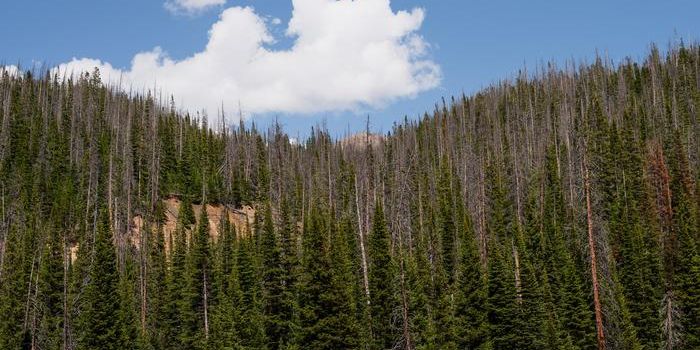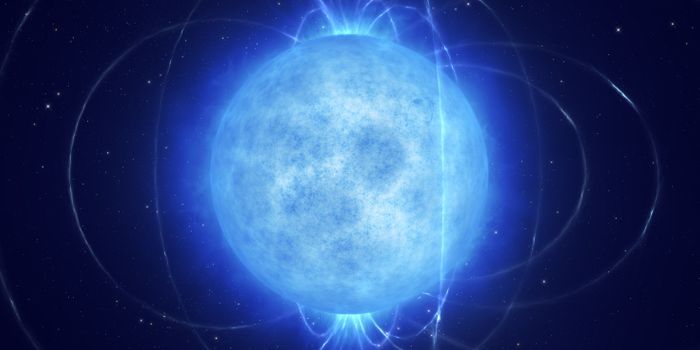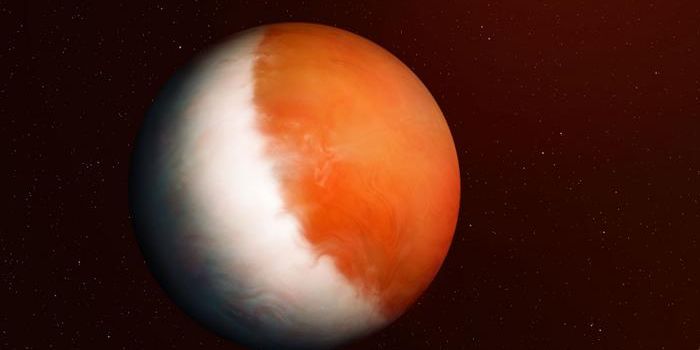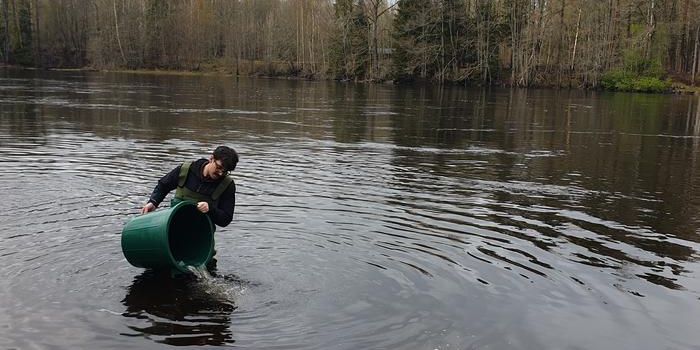The next bioplastic: plant-based spider silk
A team of researchers from the University of Cambridge has designed and developed a new plastic alternative made from plant material that simulates the strength and flexibility of spider silk. The “vegan” spider-silk plastic has the potential to disrupt the widescale culture of single-use plastics that threaten the environment. The material is described in the journal Nature Communications.
"Other researchers have been working directly with silk materials as a plastic replacement, but they're still an animal product," said study co-author Dr. Marc Rodriguez Garcia. "In a way, we've come up with 'vegan spider silk' -- we've created the same material without the spider."
Developed from an assemblage of plant proteins, the biomaterial can be manufactured in a completely energy-efficient and sustainable way at an industrial scale. Even more exciting is that it can be composted at home – it doesn’t even require high-level industrial composting.
"Very little is known about the self-assembly of plant proteins, and it's exciting to know that by filling this knowledge gap we can find alternatives to single-use plastics," said the first author of the study Ayaka Kamada.
The University of Cambridge spin-out company Xampla will commercialize the material in several months as an alternative to everyday products such as dishwasher soap packets and laundry detergent capsules. Because it is as strong as conventional plastics, the potential applications for the material are wide-ranging.
"This is the culmination of something we've been working on for over ten years, which is understanding how nature generates materials from proteins," said Knowles. "We didn't set out to solve a sustainability challenge -- we were motivated by curiosity as to how to create strong materials from weak interactions." Rodriguez Garcia adds: “The key breakthrough here is being able to control self-assembly, so we can now create high-performance materials. It's exciting to be part of this journey. There is a huge, huge issue of plastic pollution in the world, and we are in the fortunate position to be able to do something about it."

Sources: Nature Communications, Science Daily








